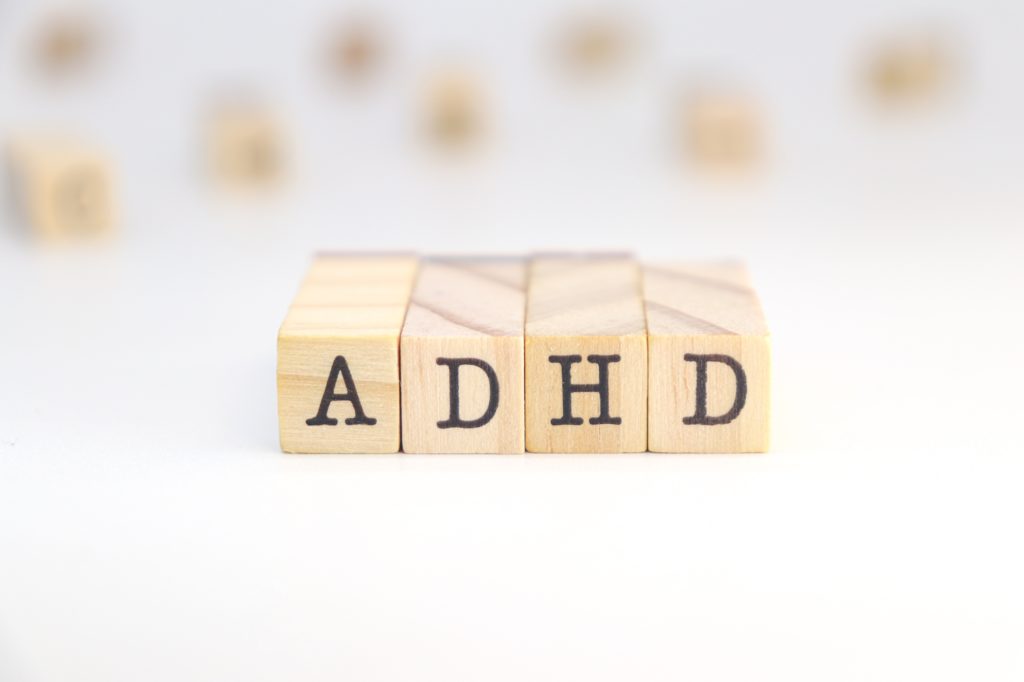Brain rot is a term that is becoming used frequently. But what exactly does it mean? And does its meaning correlate to conditions such as ADHD?
With that in mind, in this blog, we will explore the question ‘What is brain rot? Does it relate to ADHD?’
The Brain Workshop is a dedicated team of professionals devoting to working with individuals who struggle with learning, in addition to those who want to learn how to learn to the best of their ability.
Our mission is to help turn people’s learning weaknesses into strengths. Regardless of age or profession, our compassionate team is here to provide testing, training tools, patience, and compassion to help our students thrive by realizing their potential.
What factors can affect mental health?
Various factors can significantly impact a person’s mental state and, consequently, their behaviour. These factors can be categorized into the following broad categories:
- Psychological factors: Mental health conditions such as depression, anxiety, bipolar disorder, and schizophrenia can significantly alter a person’s mood, thoughts, and behaviors. Stressful life events, trauma, or chronic stress can also contribute to mental health issues.
- Biological factors: Hormonal imbalances, neurotransmitter deficiencies, or underlying medical conditions can affect a person’s mental state. For example, thyroid disorders, substance abuse, or brain injuries can lead to changes in behavior.
- Environmental factors: Social isolation, financial difficulties, or exposure to toxic substances can negatively impact mental health.
- Genetic factors: In some cases, genetic predisposition can play a role in developing mental health conditions.
- Lifestyle factors: Poor diet, lack of sleep, excessive alcohol consumption, and limited physical activity can contribute to mental health problems.
It’s important to note that these factors can interact with each other, and multiple factors may contribute to a significant change in a person’s mental state and behavior. If you or someone you know is experiencing a significant change in behavior, it’s crucial to seek professional help.
What is brain rot? Does it relate to ADHD?

The term “brain rot” is a colloquial expression that often implies a decline in mental faculties or cognitive abilities. However, it’s important to note that this term is not a recognized medical diagnosis and does not accurately reflect a specific condition.
The concept of “brain rot” is often used to describe a perceived decline in intellectual capacity or critical thinking skills. It may be used to characterize someone who seems to be losing their mind, becoming increasingly irrational, or exhibiting a lack of critical thinking. However, these symptoms can be attributed to various factors, including:
- Mental health conditions: Conditions such as depression, anxiety, or bipolar disorder can significantly impact cognitive function.
- Neurological disorders: Diseases like Alzheimer’s disease, Parkinson’s disease, or multiple sclerosis can lead to cognitive decline.
- Substance abuse: The use of drugs or alcohol can impair cognitive abilities and contribute to a decline in mental function.
- Lack of sleep: Chronic sleep deprivation can negatively affect memory, concentration, and decision-making.
- Stress: High levels of stress can overload the brain and impair its ability to function optimally.
- Aging: While some cognitive decline is a normal part of aging, excessive or rapid deterioration can be a sign of an underlying health issue.
ADHD and Brain Rot
Attention Deficit Hyperactivity Disorder (ADHD) is a neurodevelopmental disorder characterized by inattention, hyperactivity, or impulsivity. While ADHD can present challenges in terms of focus, concentration, and organization, it does not equate to “brain rot.”
Individuals with ADHD often have difficulty sustaining attention and may struggle with tasks that require sustained focus. However, this does not imply a decline in their intellectual capacity or critical thinking skills. In fact, many people with ADHD possess exceptional creativity, problem-solving abilities, and other strengths.
It’s important to dispel the misconception that ADHD is synonymous with “brain rot.” ADHD is a treatable condition, and with appropriate support and accommodations, individuals with ADHD can achieve success in various aspects of life.
Seeking Professional Help
If you or someone you know is experiencing symptoms of cognitive decline, it’s essential to seek professional help. A healthcare provider can conduct a thorough evaluation to determine the underlying cause and recommend appropriate treatment.
Remember, “brain rot” is not a medical diagnosis. It’s important to avoid stigmatizing individuals who may be experiencing difficulties with their mental health or cognitive function. Instead, offer support and encourage them to seek professional help.
By understanding the factors that can contribute to cognitive decline and seeking appropriate treatment, individuals can improve their mental health and well-being.
How do you help someone with ADHD?
Supporting someone with ADHD involves understanding their unique challenges and providing a supportive environment.
By educating yourself about ADHD, being patient and understanding, encouraging healthy habits, providing organizational support, offering emotional support, and supporting professional help, you can make a significant difference in their life. Remember to avoid stereotypes and celebrate their strengths.
Furthermore, you should also ensure that professional services are utilized to help those with ADHD in more serious cases. In any case, having an in-depth understanding allows for ease in managing yours or others challenges when navigating ADHD.
How does someone with “brain rot” act?
Here are some behaviors that might be associated with the informal concept of “brain rot”:
- Difficulty concentrating: Struggling to focus on tasks or conversations.
- Memory problems: Forgetting things frequently or having trouble recalling details.
- Reduced problem-solving skills: Difficulty making decisions or finding solutions to problems.
- Impaired judgment: Making poor choices or impulsive decisions.
- Mood swings: Experiencing frequent mood changes or emotional instability.
- Difficulty learning new information: Struggling to acquire and retain new knowledge.
- Slowed thought processes: Thinking more slowly or having trouble expressing thoughts clearly.
It’s important to emphasize that these behaviors are not exclusive to “brain rot” and can be indicative of various mental health conditions or neurological disorders. If you or someone you know is experiencing these symptoms, it’s essential to consult with a healthcare professional for a proper evaluation.
Remember, “brain rot” is a colloquial term, and it’s important to avoid stigmatizing individuals who may be experiencing difficulties with their mental health or cognitive function.
Does ADHD ever go away?
ADHD is a chronic condition that typically persists throughout a person’s life. While symptoms may change over time, it is not something that simply goes away. However, with appropriate treatment and support, individuals with ADHD can learn to manage their symptoms and lead fulfilling lives.
Symptoms of ADHD often become less noticeable as people age, but they may still experience challenges related to inattention, hyperactivity, or impulsivity. Some individuals with ADHD may find that their symptoms improve with age, while others may continue to experience significant difficulties.
It’s important to note that ADHD is not a mental illness, but rather a neurodevelopmental disorder. This means that it is a condition that is present from childhood and affects the brain’s development. While there is no cure for ADHD, effective treatment can help individuals manage their symptoms and improve their quality of life.
Forms of treatment will vary between individuals, this can include lifestyle changes such as dietary changes, learning coping mechanisms, tailoring personalized solutions, or in some cases, medication.
ADHD support services

If you are looking to optimize your learning potential, with the guidance of seasoned professionals with a wealth of experience, The Brain Workshop is here to help.
With courses available online and more, feel free to get in contact with us to see how we can help you today. Simply click here to get in touch.
In this blog, we hope to have addressed how can schools better support students with ADHD?’ whilst providing supplementary information, in addition to the vital services that we offer.
Contact Number:
+9714 24 34 620
Email:
info@thebrainworkshop.com
Address:
Office 216,
Apex Atrium Building,
Motor City
P.O.Box :
215578 Dubai, UAE






